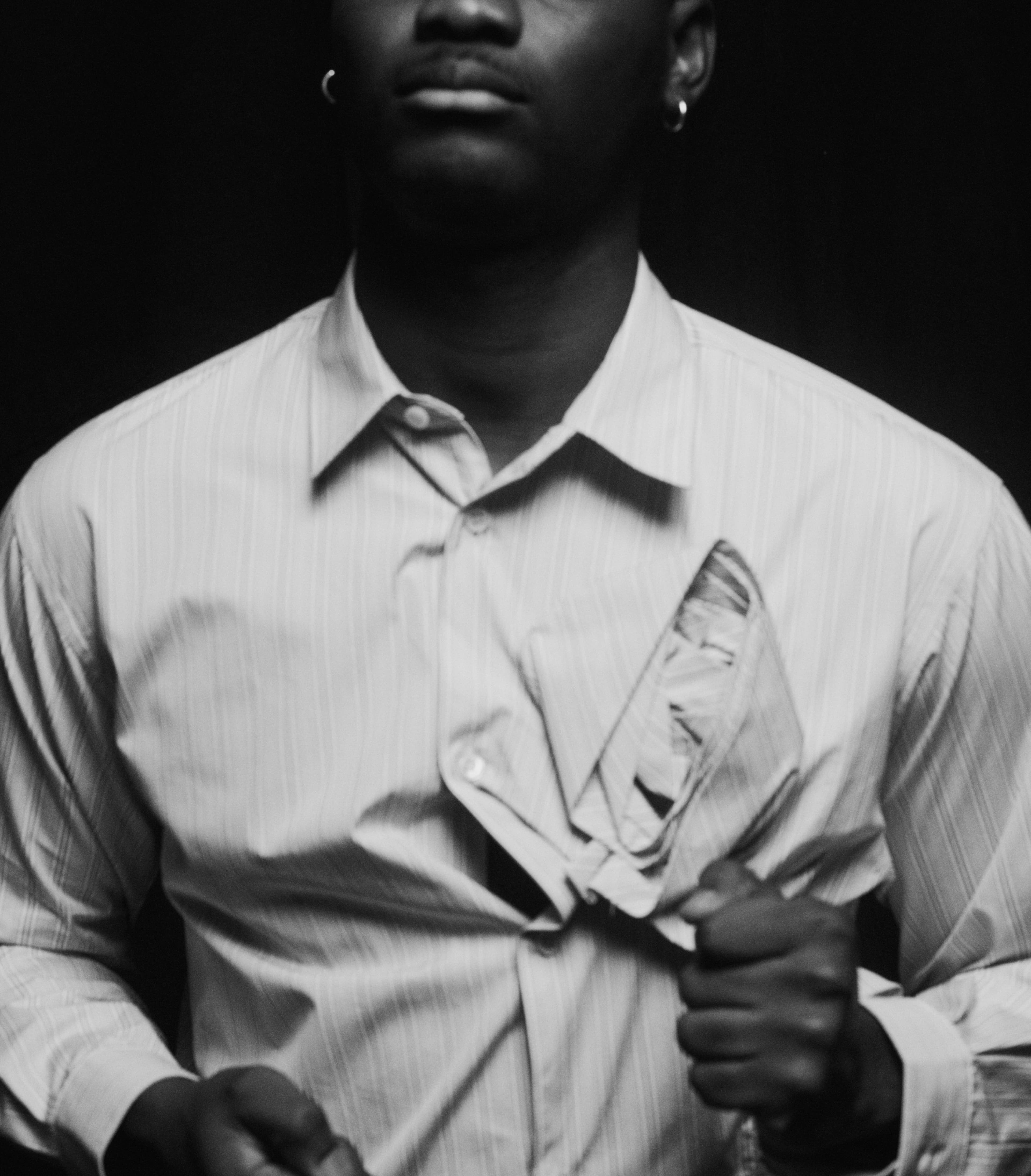
SHIRT by Comme des Garçons Shirt. EARRINGS, worn throughout, Herisse’s own.
Through the Eyes of Ethan Herisse
When Amazon MGM decided earlier this fall to postpone the premiere of RaMell Ross’s new film Nickel Boys from October to December, its star Ethan Herisse was understandably disappointed. “I wanted to share it with as many people as possible, and pushing the release date, I was like, ‘Oh no, it’s going to take so much longer to get that wish,’” he recalls. With an Oscar-nominated director and a script based on a Pulitzer-winning novel by Colson Whitehead, the studio’s strategy has instead solidified the film as an awards contender, picking up nominations for Golden Globe and Independent Spirit Awards already, and Herisse says he is now thankful for the delay. “We’ve had so many opportunities to share it with so many different people,” he explains. “Now that it’s finally out, I’m really excited for it to reach the general audience and hopefully enough interest has been gained with these nominations and word of mouth.”

COAT by AMI Paris. All RINGS throughout by Miansai.
In Nickel Boys, Herisse plays Elwood, a promising high school student in Jim Crow-era Florida who finds himself sentenced to Nickel Academy, a reform school, after he unwittingly hitches a ride in a stolen car while on his way to classes at a local technical college. Based on the real-life Dozier School for Boys, which subjected its students to physical and sexual abuse, torture, and even murder at the hands of its staff yet remained in operation for over a hundred years, Nickel is an amalgamation of horrors, heightened for Elwood and his close friend Turner by the harshly disparate treatment of white and Black students on the segregated campus. Shot largely from Elwood’s first-person point-of-view, the film can be brutal at times but also beautiful, thanks to the tender and thoughtful direction of Ross, who is making his narrative debut after his celebrated 2018 documentary Hale County This Morning, This Evening. “He has a really incredible way of engaging with other human beings and collaborating with other human beings where you feel seen and you feel heard, you feel welcome and you feel trusted,” Herisse says about Ross. “I think that’s not even him being a director, that’s who he is as a person.”
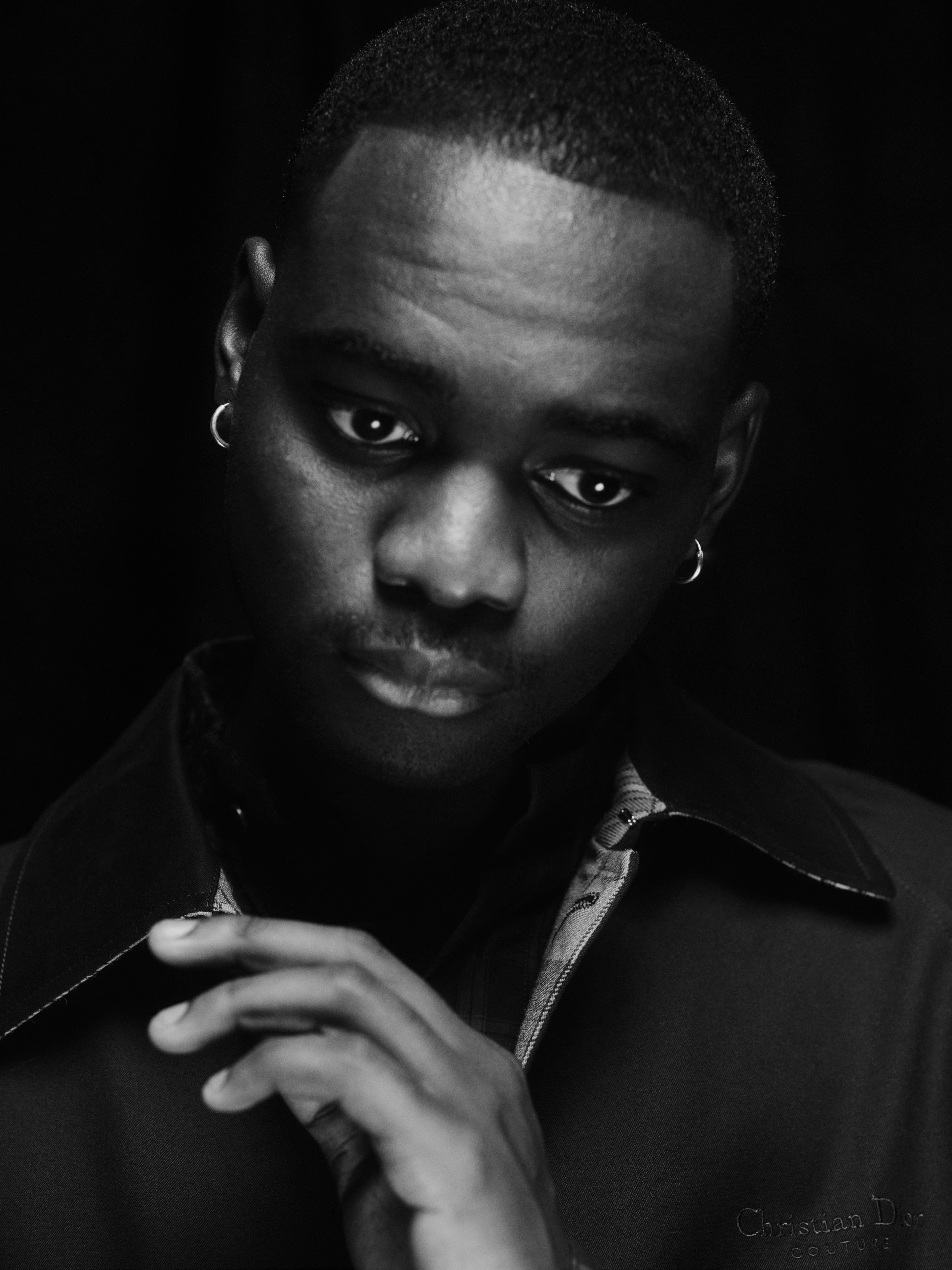
COAT by Dior Men. SHIRT by Loewe.
Any actor can talk about the process of getting into character, but for Herisse, who spent weeks with a camera looming directly over his shoulder to capture his viewpoint, the connection with Elwood, whom he describes as “a sixteen-year-old kid with a really pure heart and a strong mind,” was especially intense. “I was able to see a younger version of myself, one that was kind of naïve and firm in the belief that the world is supposed to work a certain way, and if you contribute to that and you do the right thing, then the right thing is going to happen,” he elaborates. “The things that I feel weren’t as natural were the aspects of him that I admired, his bravery and his grace. Those are two really, really important parts of Elwood that I wanted to try and bring to life. The biggest thing, the thing that was my entry point and informed everything about Elwood, is love. It’s at the very core of his being and you can see that in him. Even in the worst of situations, you can see how that influences how he became the incredible human being that you see in the book and that you hopefully see on screen.”

SWEATSHIRT by Louis Vuitton. SWEATER, worn underneath, stylist’s own.
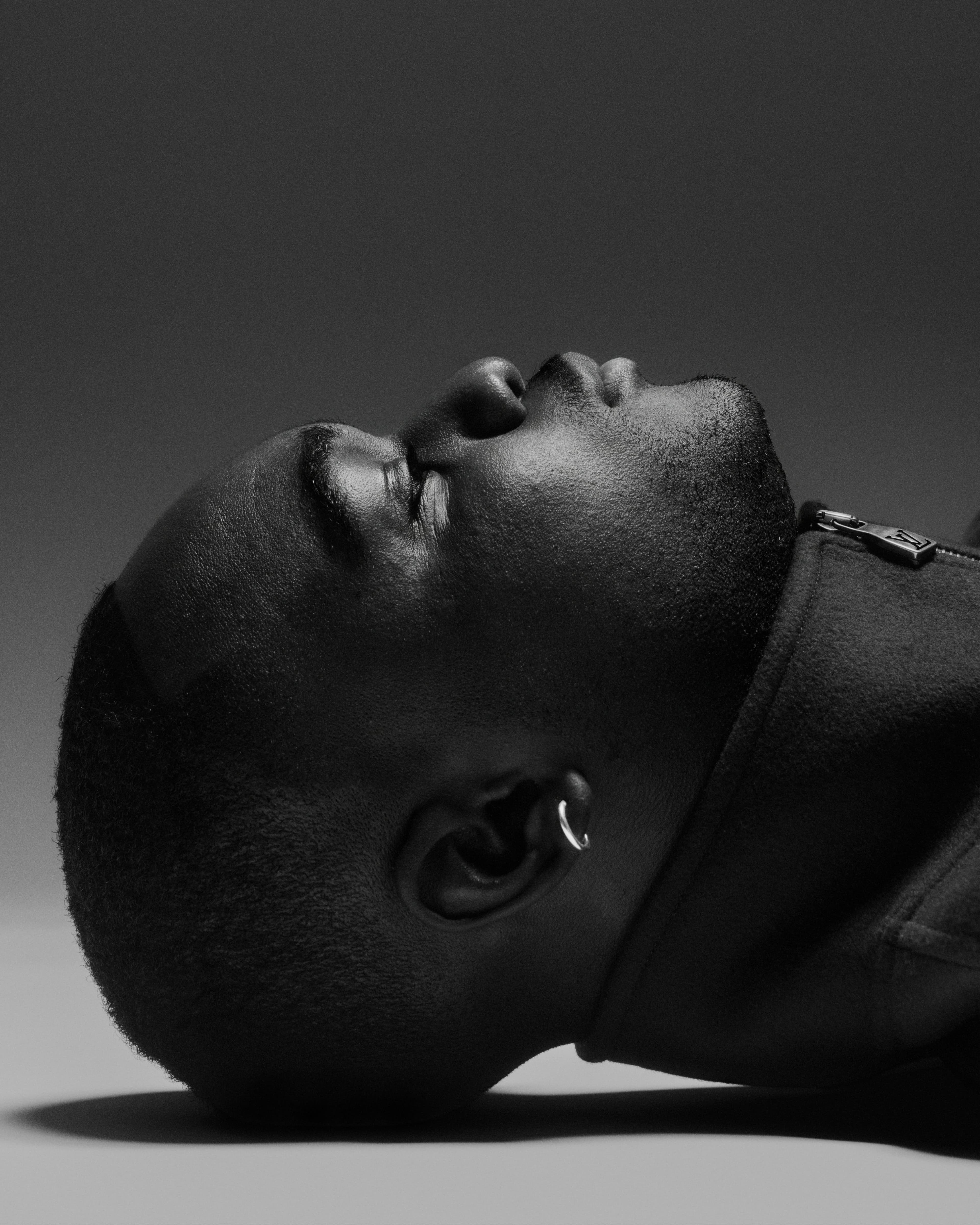
SWEATSHIRT by Louis Vuitton
Nickel Boys also offered an opportunity for Herisse to reunite with Aunjanue Ellis-Taylor, who here portrays Elwood’s grandmother Hattie, who raised him after his parents disappeared, after the two were mother and son in Ava DuVernay’s 2019 miniseries When They See Us. “I feel like that’s just a sign that I’m doing something right to play her son, not only once but twice,” Herisse laughs. Based on the 1989 trial of the Central Park Five, in which several Black and Latino teenagers were wrongfully convicted for raping a white jogger in a case that both highlighted and heightened racial tensions in New York City at the time, When They See Us also offered an example of the nation’s centuries-long legacy of systemic injustice in the criminal industrial complex. Herisse says he sees notable similarities between Elwood and Yusef Salaam, who spent years as a teenager in prison before being exonerated and now serves on the New York City Council. “I think they do share some of the qualities that I talked about before that I saw in Elwood, bravery and grace,” he adds. “You get a warmth from Yusef that hopefully you’re able to see in Elwood. Their resilience is truly, truly inspiring.”
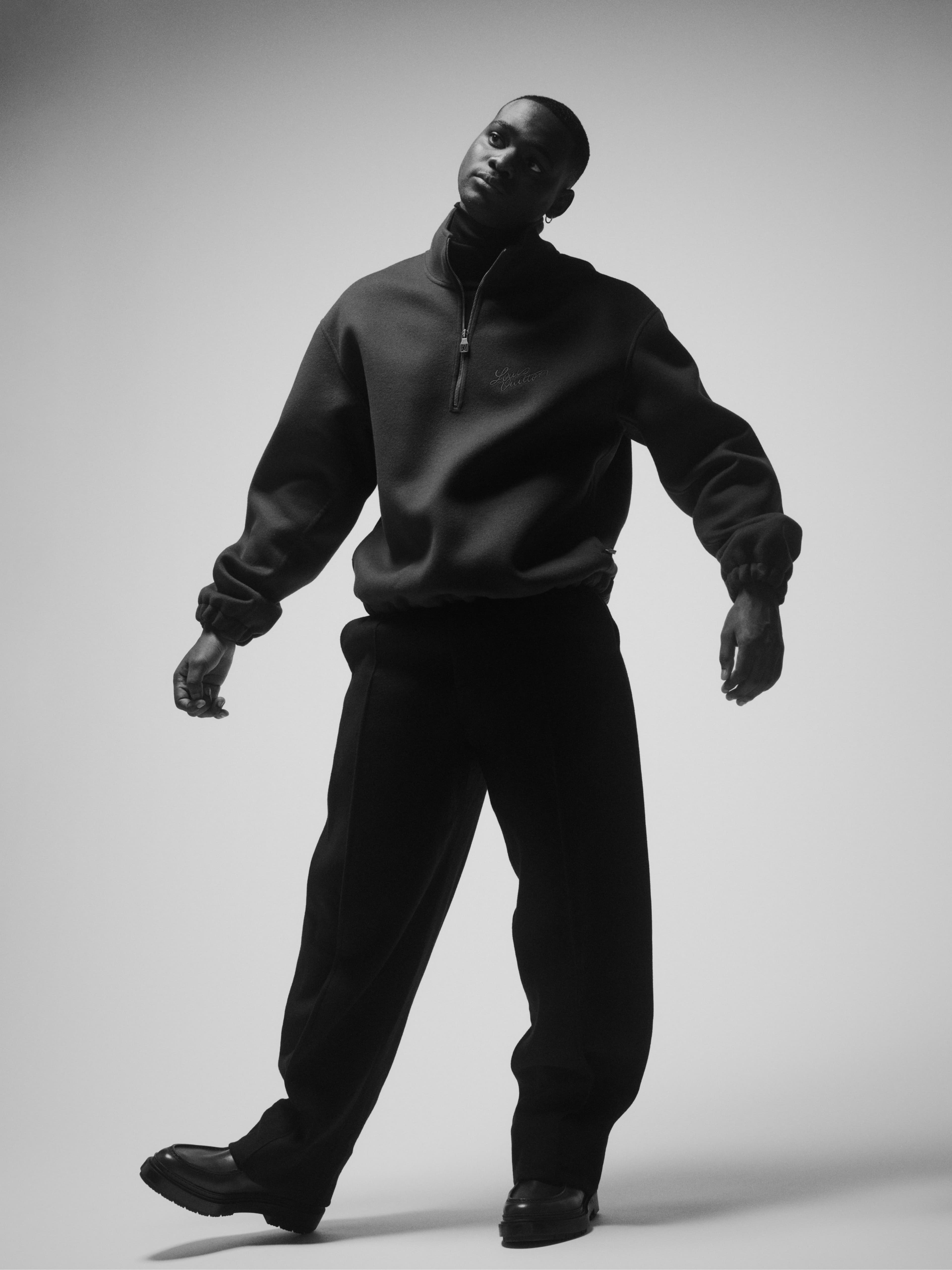
SWEATSHIRT by Louis Vuitton. SWEATER, worn underneath, stylist’s own. PANTS and SHOES by Zegna.
As he prepares for what promises to be a busy few months with the film rolling out nationwide and awards ceremonies lining up next year, Herisse finds himself reaching a new level in a performing career that began in his childhood. After a move from Massachusetts to Los Angeles when he was in middle school so that he could pursue acting, a role as Seaweed in a high school production of Hairspray confirmed his early passion. “There was something about fully embodying a character on stage and getting to play and jump around and dance on stage as that character where everything got to disappear for a little while that felt so incredible and so fulfilling,” he recalls. “When it ended is when I realized, ‘Oh, I’m truly passionate about this. I don’t know where else I’m going to be able to get this feeling. I don’t know what else I can do that would bring me this kind of joy and fulfillment.’”
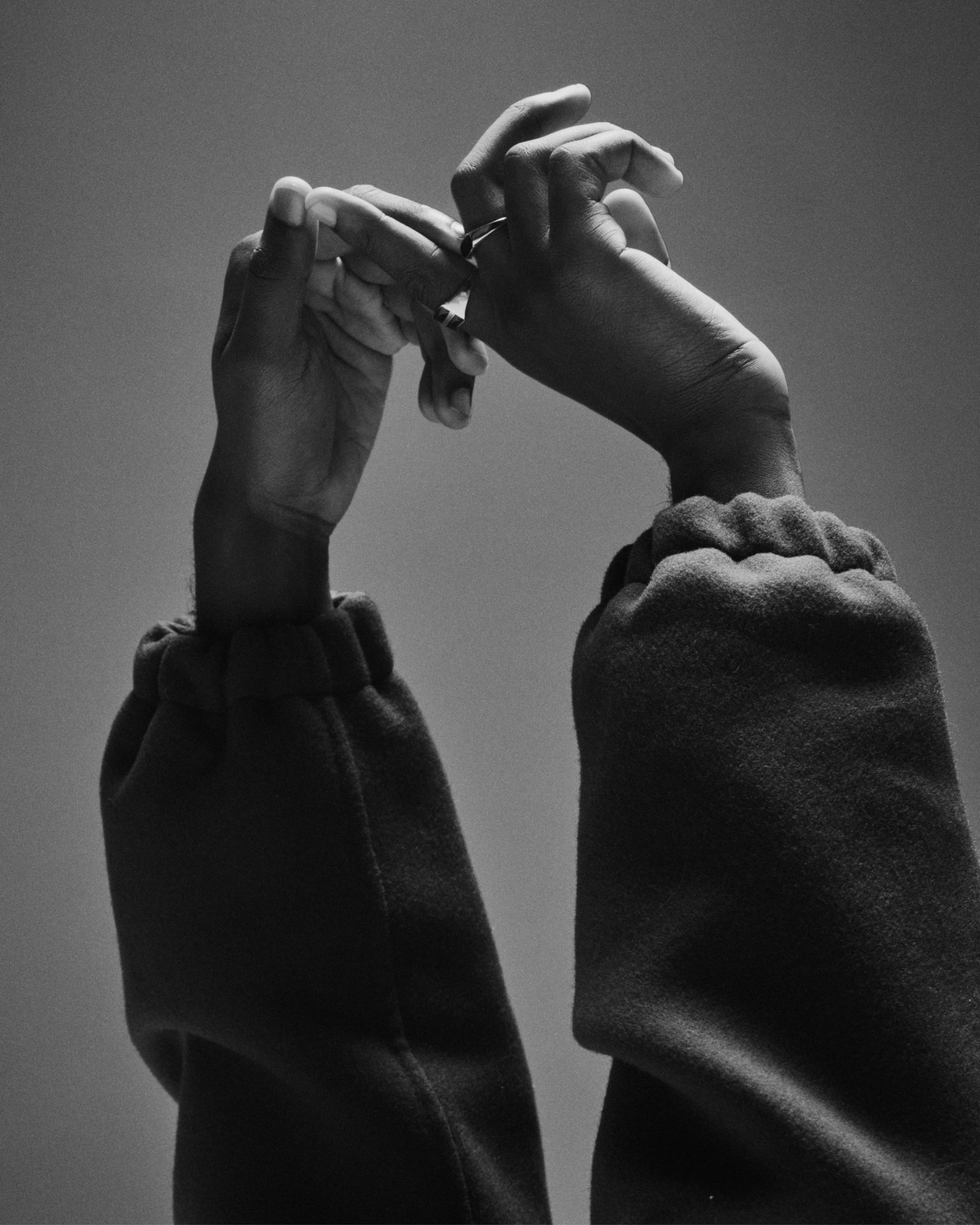
SWEATSHIRT by Louis Vuitton
That sense of gratification is what keeps the 24-year-old excited about every opportunity. When asked what he looks for in a project now, he refuses to reject any possibilities. “The ability to explore, the ability to just dive into good stories—and that can look like so many different things. It doesn’t necessarily have to be something dramatic or comedic, it doesn’t have to be one thing at all,” he says. “It can be anything, so long as I find that connection in the character and belief in the story. I’m super open to just jumping into something and getting to be in a big old sandbox and just play.”
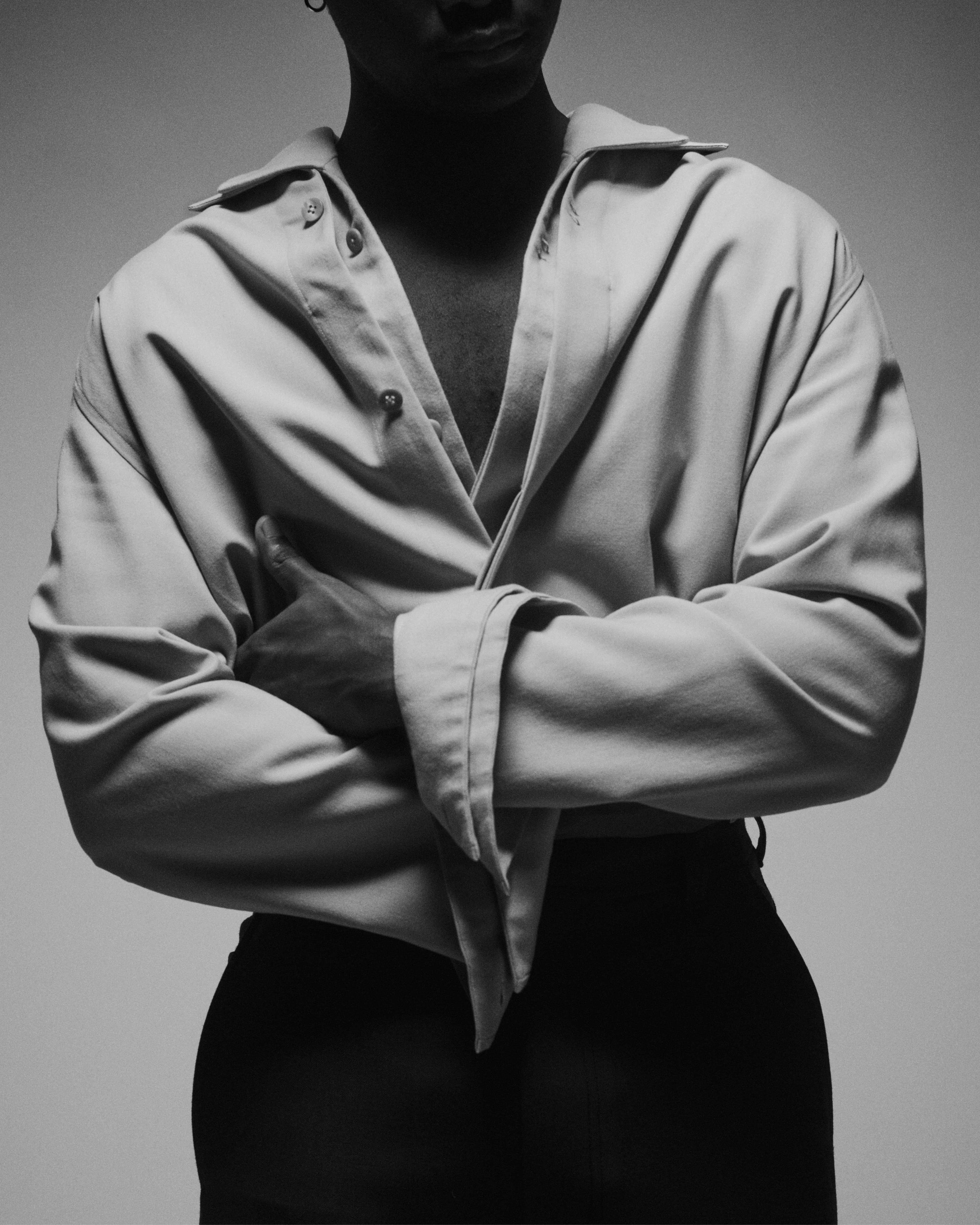
All CLOTHING by Zegna
But for now, Herisse’s focus is on Nickel Boys and helping the film have as wide an impact as possible. Heading into what promises to be a conflicted and tumultuous year, he insists that its message of understanding and empathy will be crucial. “I hope that they are open to the experience, first of all,” he says of the audience. “This is a different and unique experience and it likely will not be what you expect walking into it. I hope that they’re open to that and accepting of that because I find it’s an incredibly rewarding experience. Then once they have experienced it, I hope that they take a moment to consider what it was like to live life and see life through someone else’s eyes and, being pulled into that experience, sit with what that feels like.”
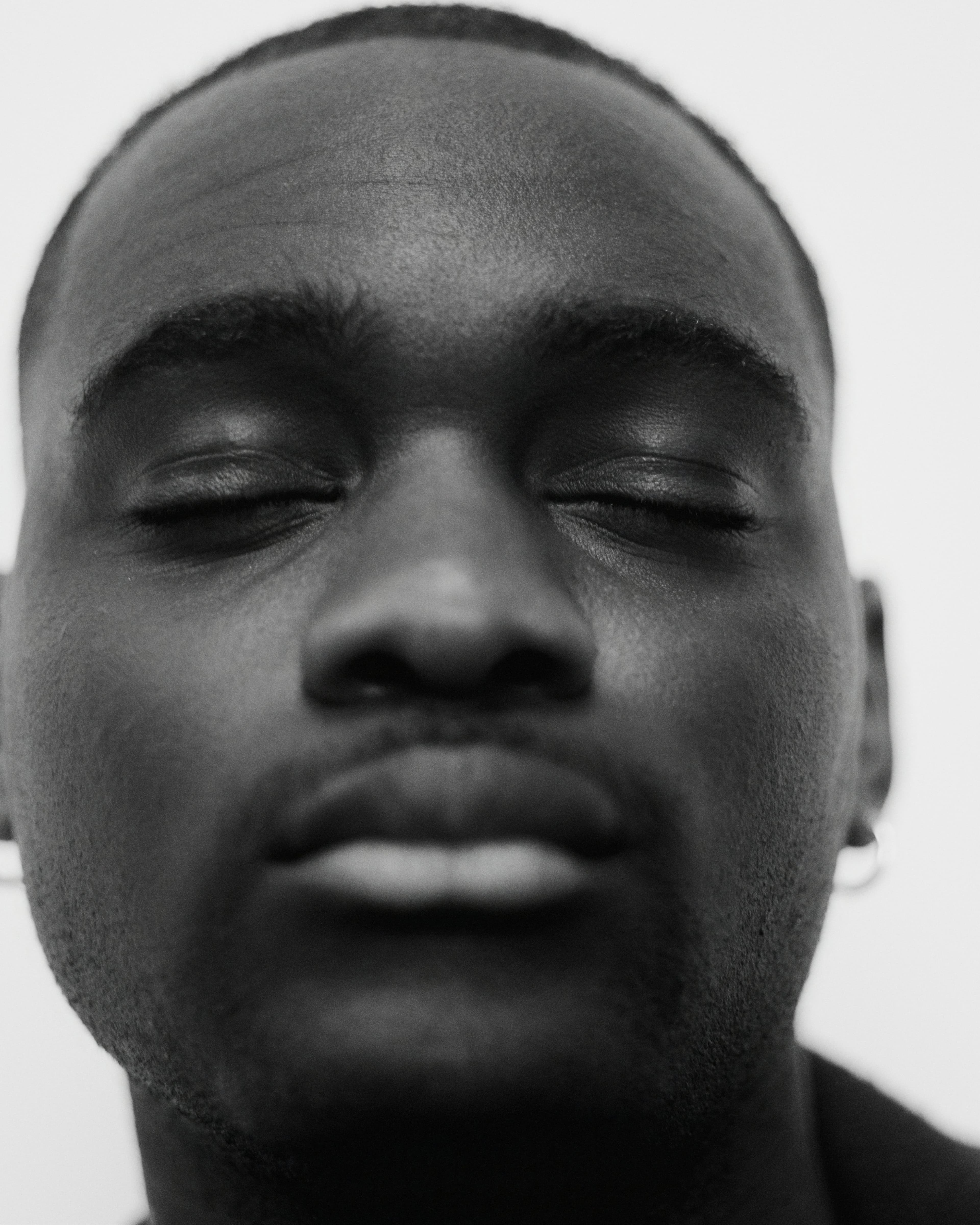
COAT by Prada
With its unique point-of-view, the Nickel Boys offers the rare opportunity to get inside the mind of a character whose compassion and conscience can seem exceedingly scarce these days. “It’s not very often that you’re given the chance to see through someone else’s eyes,” Herisse offers. “I think that’s really important for being able to see other people and consider their perspectives and to be able to show them grace. That’s been a theme of this conversation, I’m saying it a lot, but I think that is one of the more beautiful themes of the movie. It’s really present throughout and I think that we can always strive to do a better job at showing each other.”
Nickel Boys is now in theaters.
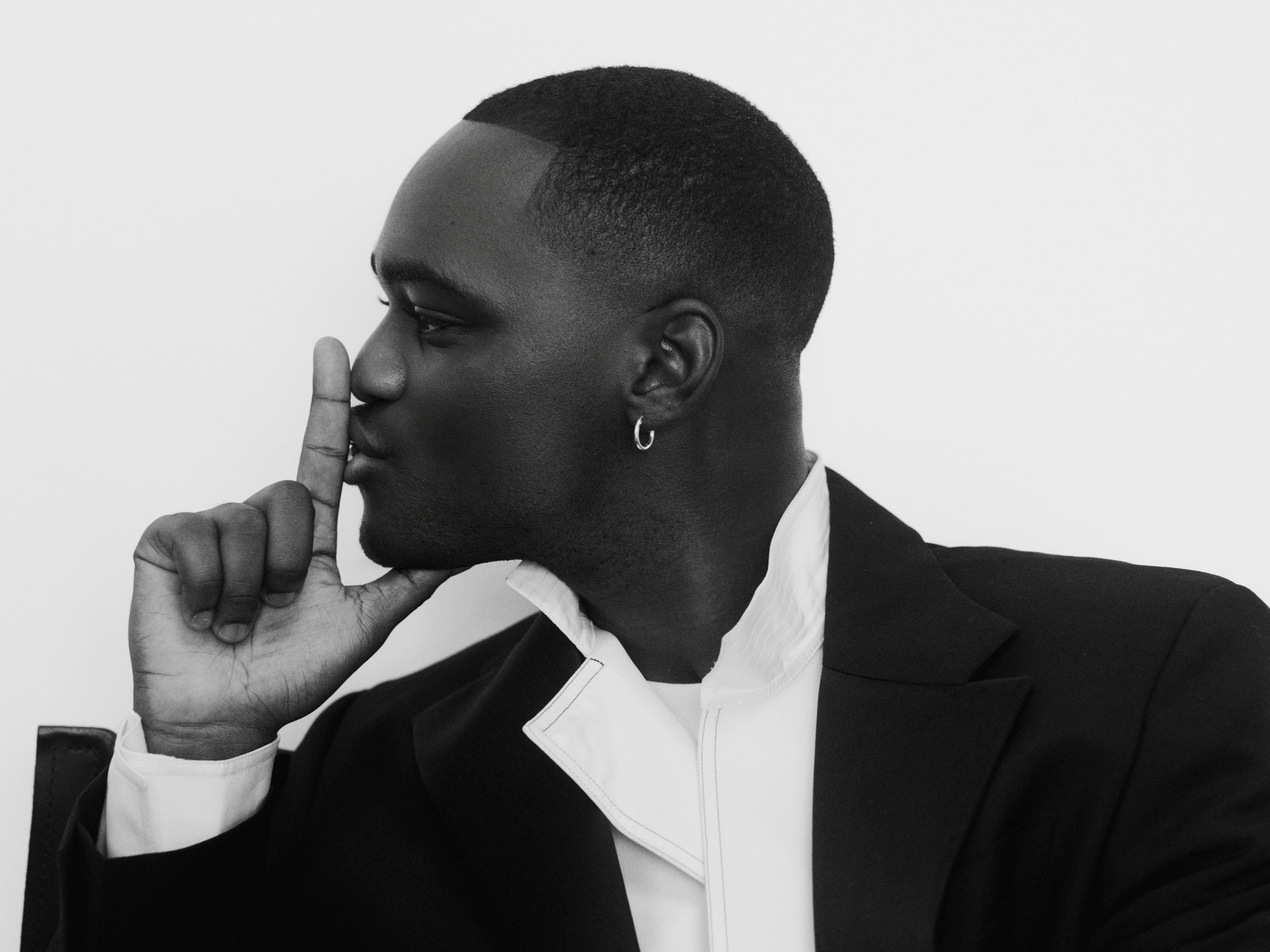
All CLOTHING by Ferragamo
As a nonprofit arts and culture publication dedicated to educating, inspiring, and uplifting creatives, Cero Magazine depends on your donations to create stories like these. Please support our work here.






